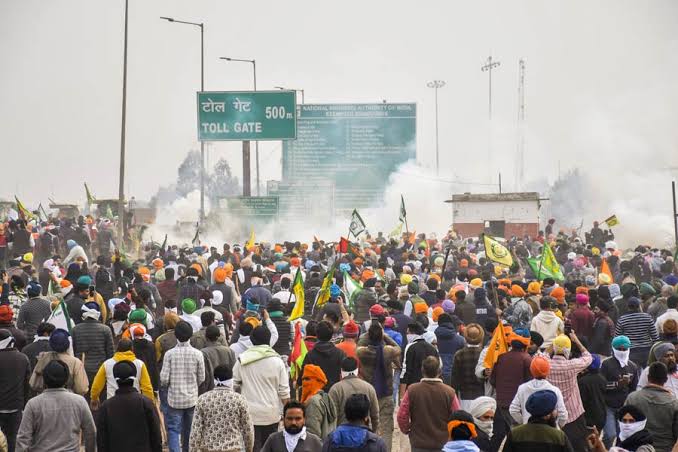Haryana [India]: The Haryana government on Saturday extended the ban on mobile internet and bulk SMS services in seven districts till February 19 in view of the ‘Delli Chalo’ call given by farmers’ organisations.
The government had earlier extended the suspension of mobile internet from February 13 till February 15.
According to a notification issued by the Haryana administration, bulk SMS and all dongle services provided on mobile networks, except voice calls, will remain suspended in the jurisdiction of districts Ambala, Kurukshetra, Kaithal, Jind, Hisar, Fatehabad and Sirsa.
Amidst the ongoing agitation by farmers demanding legal recognition of the Minimum Support Price and implementation of the Swaminathan Committee report, including on pricing mechanism, prominent agricultural economist Dr Sardara Singh Johl has said that giving MSP on all crops “is not practical”.
Dr Johl, a former Vice Chancellor of Punjab Agricultural University, said that farmers should adopt the path of negotiation over their demands and also added that they should be allowed to go to Delhi. He laid stress on talks to solve the problems of farmers.
He expressed concern over the situation on Punjab’s border with Haryana. Dr Johl said that MSP is beneficial for farmers only when it is higher than the market rate and stressed the need to benefit small farmers.
He said farmers largely get MSP on wheat and paddy and the government does not even buy many crops.
“The government cannot give MSP on all 23 crops….even if the government saves money and buys all the crops, it is not possible to implement it,” Dr Johl said.
He stressed that about 60 countries in the world provide direct subsidies to farmers.
Citing examples of advanced economies, Johl said the United States had in 2021-22 given more than USD 42 billion to the farmers. He said China and Japan also provide subsidies to their farmers.
Regarding the Swaminathan Committee report, he said the purpose of MSP is that a farmer doesn’t run out of business.
Asked about “de-centralisation” related to agriculture, he said that it is impossible as long as electricity and water are kept free.



